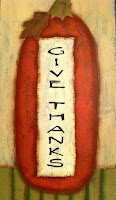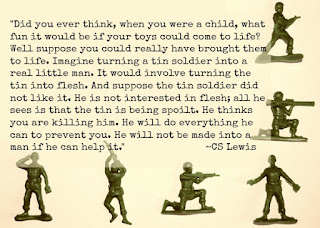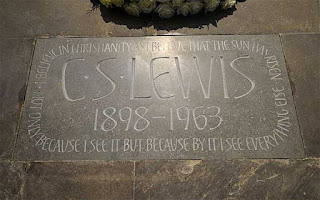I just graded about 30 essays from my science and religion class on the question, What do science and religion bring to the Camp Fire?
The more thoughtful students noted that science and technology bring answers and that religion brings compassion. One student wrote something like this:
“We have science to thank for things like phosphate-based fire retardants, which helps slow the fire, and technology to spread the word of evacuation orders, but religion also plays a part in providing comfort and emotional support to people in these times. Religion and science can come together and integrate especially in times of need and this was exemplified in the aftermath of the Campfire.”This offers one rejoinder to the off-stated contention that religion has no place in a scientific age, a world of facts and concrete proofs. Sometimes this leads into a discussion about the virginal conception of Jesus, or the nature of the "star" of Bethlehem (which might be a comet). Those specific topics have answers. But of course a raw assertion that no scientifically-minded person can believe in Christ is way too simplistic because we know many Christians who are also firmly convinced of the power of science--in other words, believing in the goodness of science doesn't obviate an ability to believe that there's a Creator in and through all of it.
In fact believing in the power of science actually leads to why we can trust science. As Albert Einstein once quipped,
"The most incomprehensible thing about the world is that it is comprehensible." Einstein.And once that truth sinks into our brains, we might say it this way instead: The deep science of Christmas in fact is that this God has created this world, given it meaning, and come into this world in Jesus.
Among other things, that divine miracle is replicated in our ability to make sense of the world God has made. As C. S. Lewis put it in his 1945 book Miracles,
And once we take in this miraculous act of our Creator, we realize that there's even one deeper: that this God can transform our lives. As Soren Kierkegaard wrote,“The discrepancy between a movement of atoms in an astronomer's cortex and his understanding that there might be a still unobserved planet beyond Uranus, is already so immense that the Incarnation of God Himself is, in one sense, scarily more startling. We cannot conceive how the Divine Spirit dwelled within the created and human spirit of Jesus: but neither can we conceive how His human spirit, or that of any man, dwells within his natural organism.” C.S. Lewis
“God creates out of nothing. Wonderful you say. Yes, to be sure, but he does what is still more wonderful: he makes saints out of sinners.” KierkegaardIn fact, faith in Christ leads us to believe in a God who created this world in love and who can create us a response of compassion.
As far as I can tell, this is my final post for 2018, and so let me close with this: May this be the best kind of Christmas, filled with the conviction that God has come in Christ and that reality is still seen in lives of compassion and grace.

















